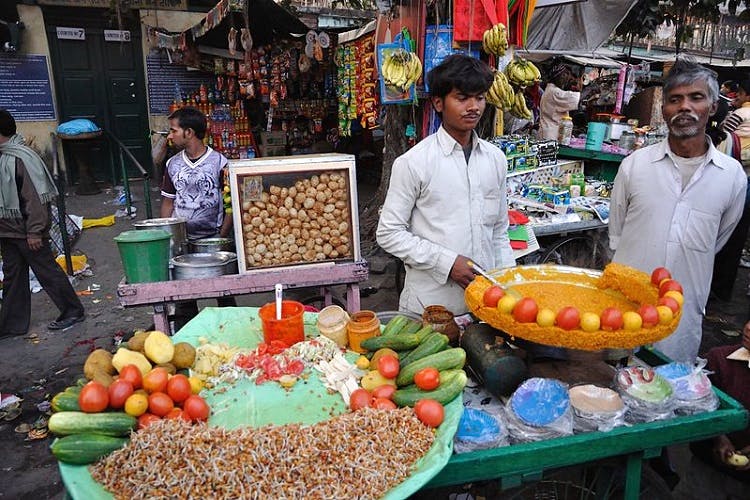Fermentation’s Evolution: Science, Culture, and Health
- ByPrachi Arora
- 22 Mar, 2025
- 0 Comments
- 3

Fermentation has played a crucial role in food preservation and culinary traditions for thousands of years. Before refrigeration, ancient civilizations relied on fermentation to extend the shelf life of food while enhancing its taste and nutritional value. Today, this age-old technique remains deeply rooted in global cuisines and continues to gain popularity for its health benefits and sustainability potential.
The origins of fermentation trace back at least 7,000 to 10,000 years, likely discovered by accident when early humans stored food in clay vessels. Over time, they noticed that certain foods changed in texture and taste, often improving in longevity. Ancient records show that fermentation was widely practiced in Mesopotamia, Egypt, and China. The Sumerians brewed beer and baked bread using fermentation as early as 5,000 years ago. Egyptians refined this process, incorporating yeast into leavened bread and brewing beer for daily consumption and religious rituals. Meanwhile, in China, fermented soy products such as tempeh and miso emerged, along with pickled vegetables and rice-based alcoholic beverages.
As trade expanded, fermentation techniques spread across civilizations, with European monks refining beer brewing and preserving vegetables through methods like lactic acid fermentation. By the Renaissance, scientists began studying microbial activity in fermented foods, laying the foundation for modern microbiology. In the 19th century, Louis Pasteur’s groundbreaking research revealed that fermentation resulted from microbial activity, leading to more controlled and consistent production. This discovery revolutionized industries like bread-making, winemaking, and dairy production.
In recent years, fermentation has seen a resurgence as people recognize its probiotic benefits, which support gut health, digestion, and immunity. Foods like kimchi, kefir, and kombucha have become mainstream, while the DIY fermentation movement has encouraged home enthusiasts to experiment with their own creations. As research continues, fermentation’s potential extends beyond food—contributing to sustainable solutions like plant-based proteins and reducing food waste.
From an ancient necessity to a modern wellness trend, fermentation remains an integral part of human culture. Its enduring influence ensures that it will continue evolving, offering both flavorful traditions and innovative solutions for the future.
Post a comment
Poet Accuses Famed Artist of Stealing His Words And Selling...
- 21 Apr, 2025
- 2
Eat Smart: Why Evening Snacks Are a Game-Changer
- 26 Mar, 2025
- 3
Sakura Ki Chhaya Mein Basant Ka Rang!
- 25 Mar, 2025
- 3
You Have Been Eating Cashews The Wrong Way All Your...
- 15 Apr, 2025
- 3
How can MSP hike in Rabi crops boost marketing in...
- 18 Nov, 2024
- 5
Categories
Recent News
Daily Newsletter
Get all the top stories from Blogs to keep track.

















